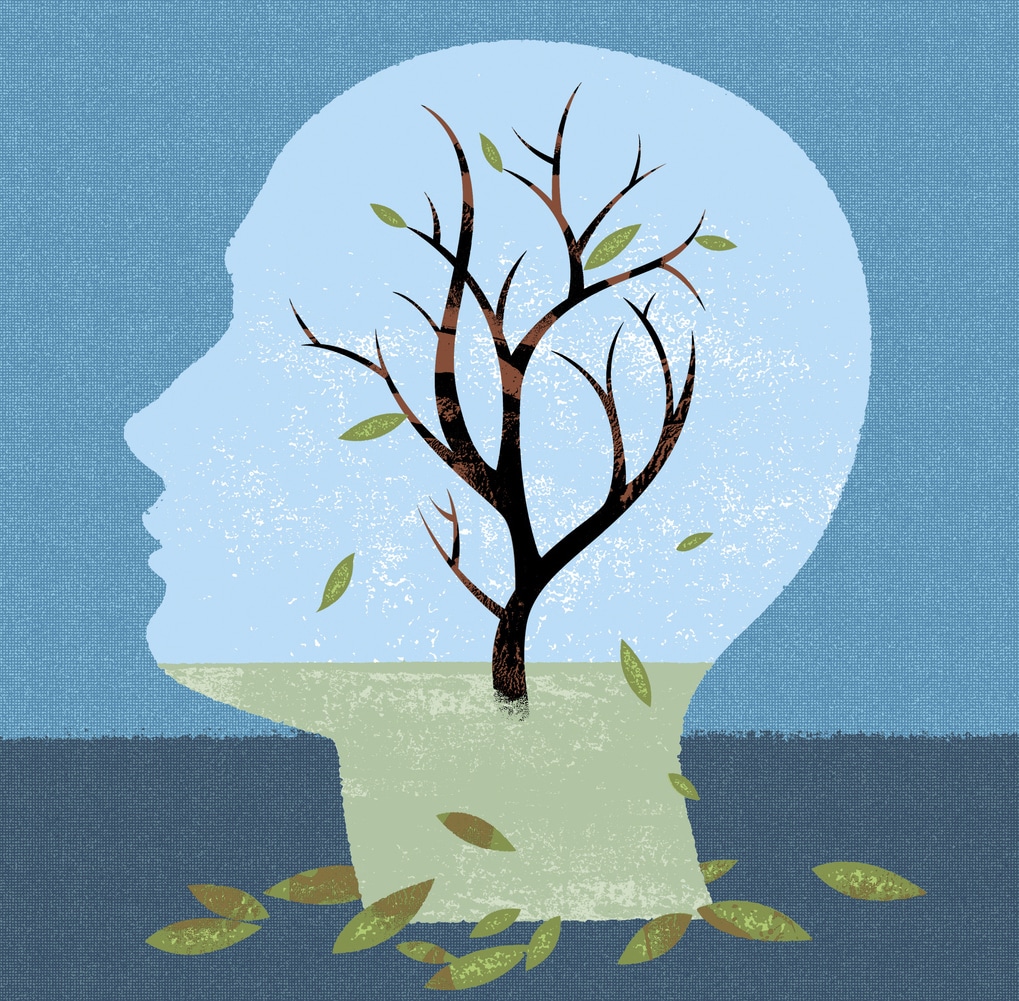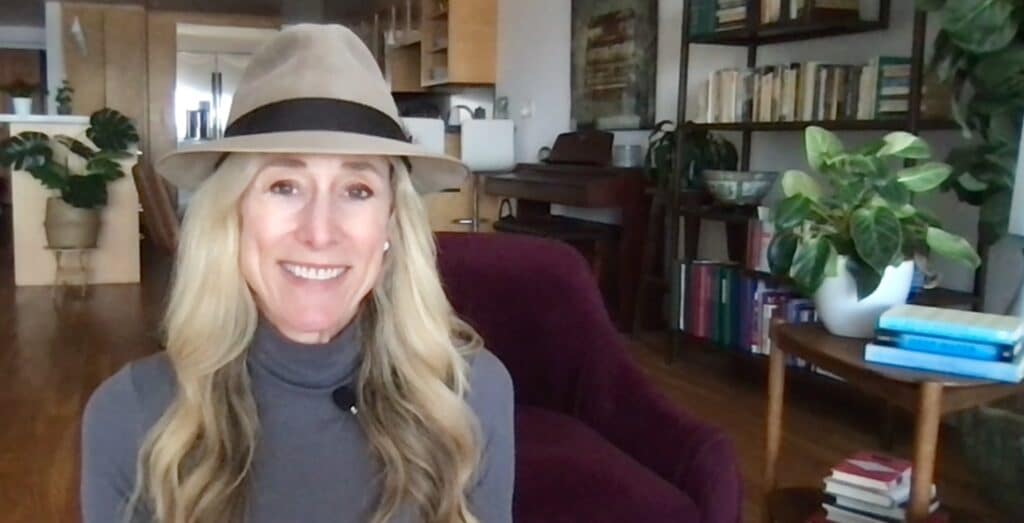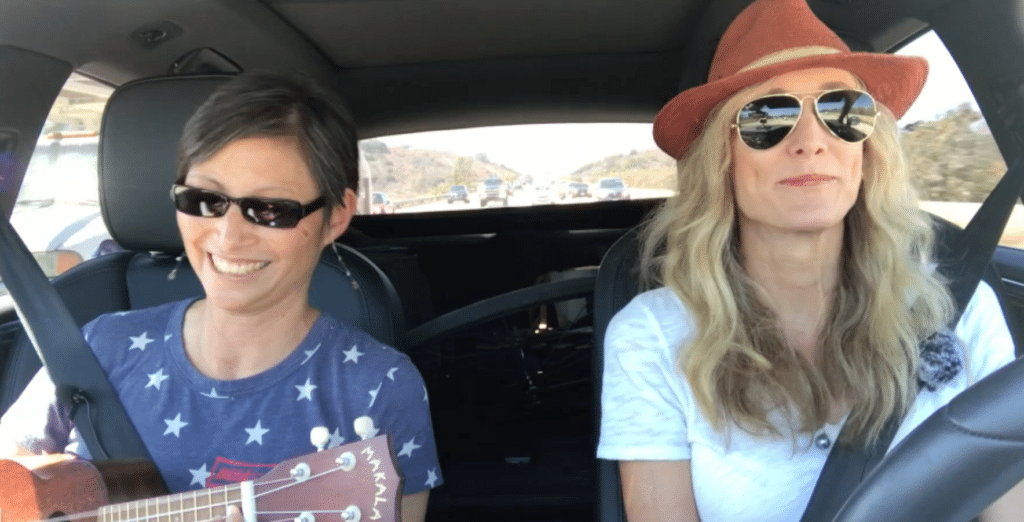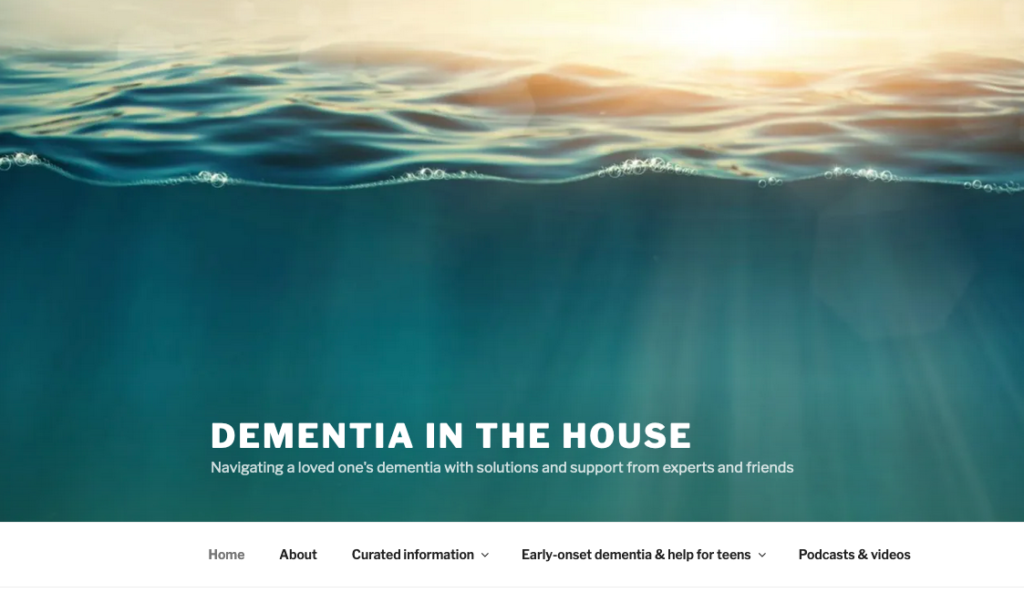Dementia

As a writer and journalist who has lost loved ones to dementia, my primary objectives in sharing personal accounts — mine, with my husband and father, and those of others — are to help strengthen awareness and sensitivity for people living with and around dementia, reduce stigma and isolation, and change the way we understand and manage dementia in both daily life and the practice of medicine.
The World Health Organization declared dementia a public health priority — in 2012. And it’s only becoming more acute. Neurological illnesses know no geographic, racial, or socio-economic barriers. Nor are they limited to genetic predisposition. Not one of us is immune.
In my ongoing efforts to illuminate the hidden ways that dementia-related illnesses impact lives, I’m writing a narrative nonfiction book, outlined in this short introductory video.
The book expands on articles I’ve researched and written for New York Magazine / The Cut, New York Times Magazine, San Francisco Chronicle Magazine, Canadian Journal of Neurological Sciences, and other publications.

Alzheimer’s disease is the leading cause of dementia, so it’s a vital part of the discussion. Comparatively, much less has been written about non-Alzheimer’s dementias — some of which strike people when they’re younger, at the peak of their careers. Wider recognition is essential for many reasons, especially because it can decrease the shame that also prevents people from finding help. I hope this book clarifies non-Alzheimer’s dementias for those less familiar, while also elucidating possible ramifications that some experts might not have considered.
Another purpose is to inspire conversations with family and friends about what we want in life and death, and everything in between — should we ever lose the capacity to make those decisions for ourselves. As noted above, there are no guarantees for any of us. And the support and access my family and I were fortunate to have did not make the odyssey any less complicated.
I trace my journey from a happy marriage with a highly functional partner to my confusion about his volatility and the eventual dissolution of our lives. What did I notice, and what slipped by in the haze of shock, denial, and misunderstanding? And how did the experiences with my father differ? Would we have benefited from knowing anything sooner? Personal narratives form the connective thread, alongside a corresponding electronic platform with the latest (and ever-changing) developments in science and medicine.
Dementia does not unfold in a linear fashion, so the timeline, while (mostly) chronological, contains occasional shifts as well. Nor is there consistency in my tone and perspective. Sometimes I write as an investigative journalist, digging and analyzing. But I’m also a wife and daughter, struggling to make sense of illogical, heartbreaking circumstances without guidance. I’m a mother forced to make choices to protect my children that frequently conflict with my desires and responsibilities to help my husband.
At various points, I am also finding a way through my roles as a stepmother, stepdaughter, and the person responsible for the finances. Along the way, any infusion of wry humor is not meant to be glib; it simply represents a desperate need for levity once in a while.
No matter what might have been going wrong, the periodic return to normalcy baffled me, psychologically and emotionally. It also gave me ample opportunity to fabricate justifications. Cognitive function is so complex that many other explanations (stress!) are easier to digest — because they are both logical and far more desirable. The irony is that when you most need a fresh framework, it is an act of pure survival to do everything in your power to see and hear exactly what you want for as long as possible.
Insight is slow to arrive because it requires awareness, recognition, knowledge, and plenty of time to process. When it finally rolls in, frustratingly late, often in fragments, it can make a lot of what occurred before appear careless — even when naivety, hope, and happiness were the culprits.
While dementia-related illnesses start differently and affect disparate parts of the brain, they often resemble each other in later stages, and like a Venn diagram, can have overlapping organic compounds. In approximately 40 percent of cases, there’s mixed pathology.
The unique medical backgrounds of each patient also help explain why there is such a variety of ways symptoms present. Symbolically and theoretically, neurodegenerative diseases can end up resembling a Jackson Pollack painting — with as many different interpretations. Dementia is not a natural part of aging, and as mentioned earlier, is certainly not relegated to older people.
The idea for this book was my former husband’s. We thought we could fight his illness together. As a physician and writer, we made a unique team. What if we could share two points of view by alternating chapters? Benevolently, we imagined it as a service to others. Selfishly, we hoped it might help us alter or forget the destination. So I started taking notes, and he tried to write in a shared journal. But it was already too late.
And then, my father….
During these painful years with two men I adore, I searched for solace in something familiar. But I couldn’t find it. Exemplary caregivers, unified families, Hollywood endings — sanitized versions of my reality — made me want to slump in a corner with a lot of chocolate. And even more alcohol. It’s a mess!
We would do well to share our truth, lose the shame, articulate what we want for our own lives long before we think we should, advocate for each other, and become better listeners. Because these experiences are not as unique as we’d like to think, and nobody should have to go through them alone.
###

Additional dementia projects:
Above is a snapshot from an abbreviated, 5-minute sample (read: super rough cut!) of a series called Scientists in Cars. Warning: there’s also some mediocre (at best) singing involved.
I’ve also worked on a (perpetually unfinished) website called Dementia in the House. It includes a few experimental podcast interviews with some gracious and tolerant people. These represent various attempts to figure out the best ways to connect with people on a topic that nobody — not even the world’s leading experts — thoroughly understands.
Thank you for your interest.
